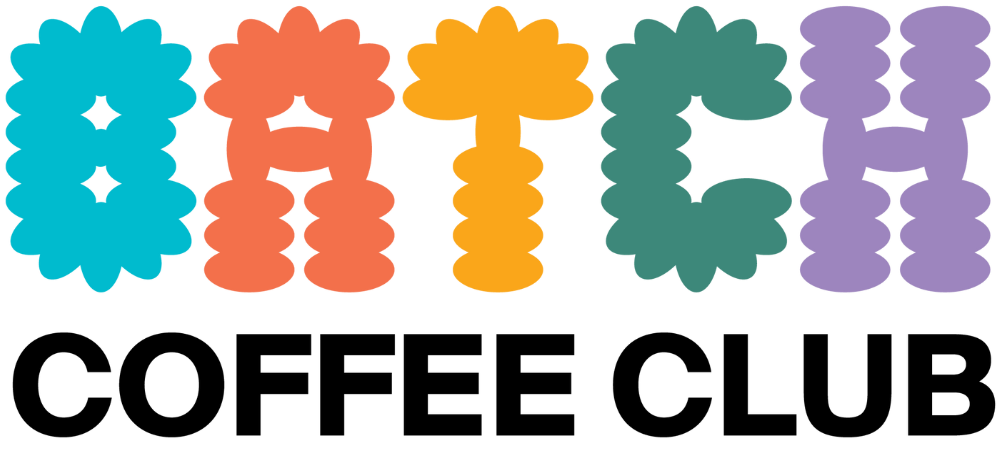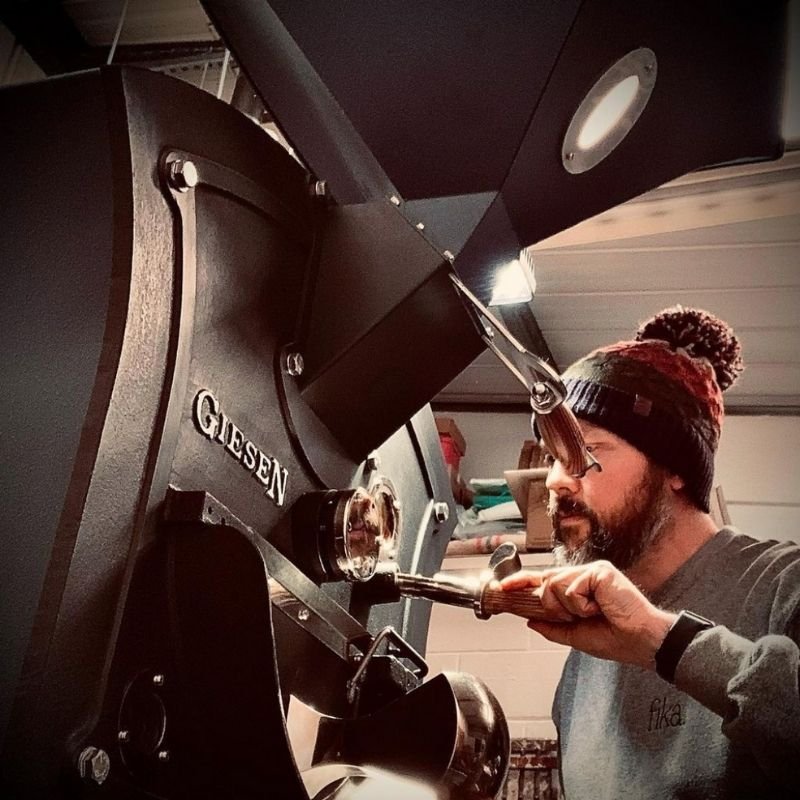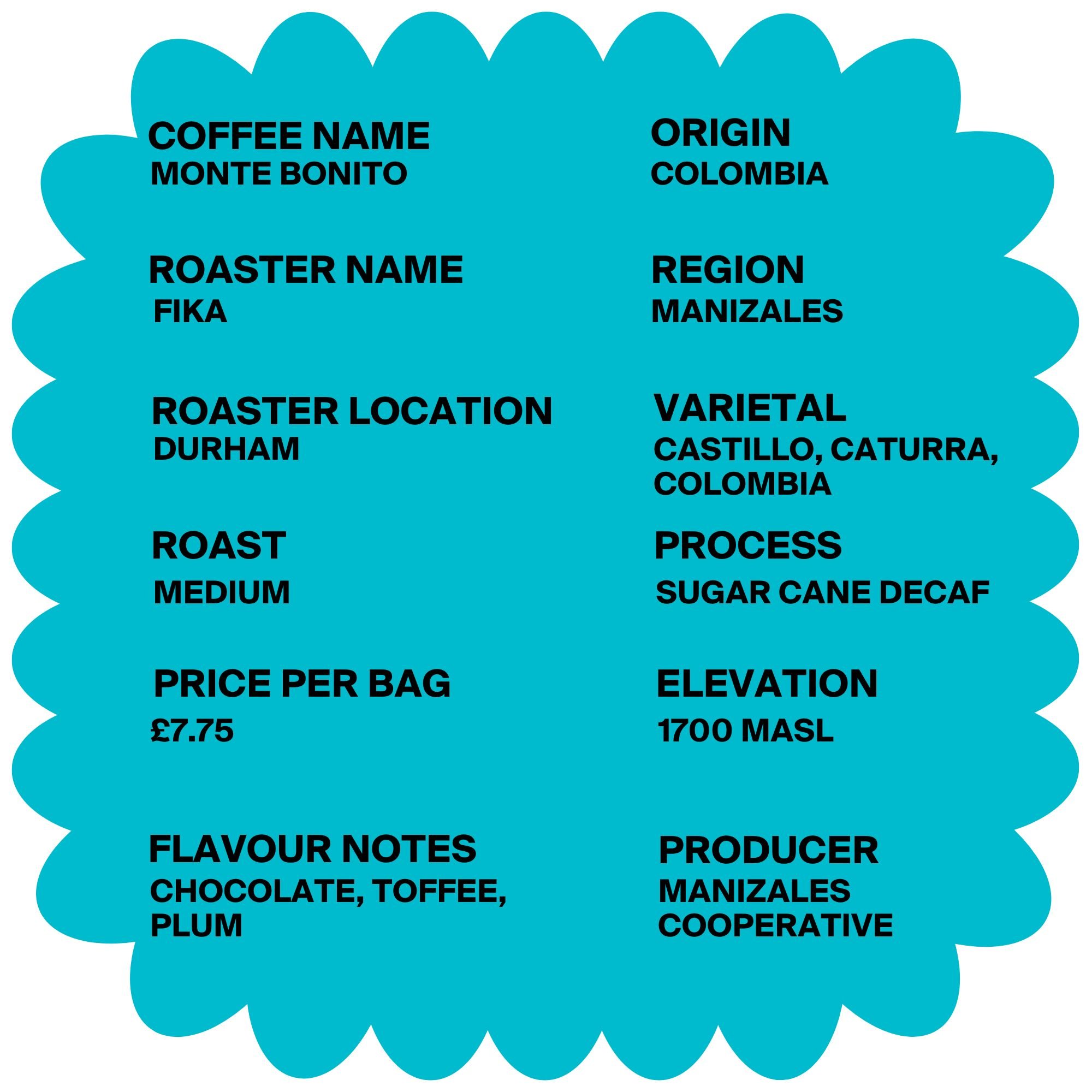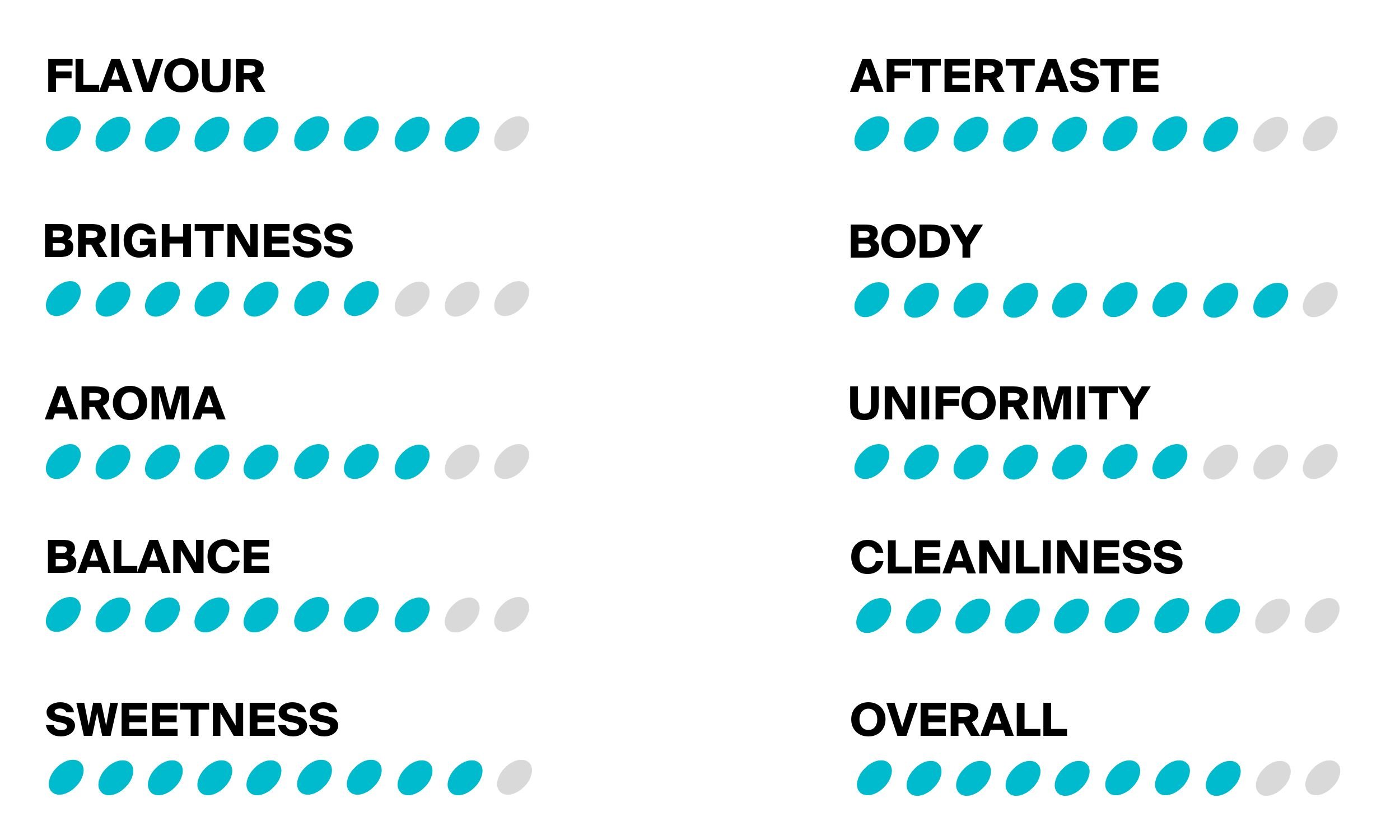Fika Coffee Roasters Decaf
Fika Coffee Roasters are the Swedish inspired Durham based coffee roasters.
Fika is the first coffee roasters to open in the city of Durham. Home to a great old Cathedral and one of the countries best Universities term time is buzzing with tourists and coffee-loving students.
Although these guys are fairly new to the coffee scene here in the UK the idea has been simmering for a few years.
With a similar introduction to speciality coffee to me, owners Matt and Lynn discovered the wonders of Australian coffee culture in Melbourne 15 years ago.
Australia is home to some of the finest coffee roasters in the world and although there are numerous roasters in the UK at the moment rivalling their quality, Australia has the edge when it comes to consistency and your average coffee drinkers expectation.
Unlike the UK where Costa coffee rules the highstreet, Australia sees very few franchised cafes and predominantly supports small independent coffee brands. This creates an overall higher demand for quality coffee where just about everybody is a coffee connoisseur.
With more coffee roasters like Fika popping up in the UK we will hopefully start to see a change in the quality of coffee we consume with a stronger connection to the wonderful people in the world of coffee. Matt actually sent us a video of the coffee being roasted for coffee box 22, which was a lovely personal touch.
Learn What Fika Means here.
Questions With Matt From Fika
What sparked your interest in roasting coffee?
My love for coffee started 15 years ago while living in Melbourne. Before our move back to the UK I had to teach myself how to make the coffees I'd become addicted to so I embarked on my first barista course 'ABC Espresso' before leaving.
What started as a hobby has now got slightly out of hand. As a former science teacher roasting and the chemistry behind it has been fascinating to learn and there is so much more to discover and experience.
I can't wait to get out on some origin trips once COVID allows.
What sets you guys apart from the others?
We planned to start FIKA early 2020. Something cropped up and we finally finished building the roastery in September. We try and source our beans directly where possible and like to think it's the personal service we provide as well as the quality of our coffee that sets us apart from the rest.
First memory of coffee?
Eating a spoonful of Mellow Birds.
Favourite all-time origin/region/lot?
It depends how I'm brewing it. El Salvador Bosque Lya is up there as my favorite espresso but the Ugandan Kisinga crop from Agrie Evolve last year was absolutely stunning as a pour over or Aeropress brew.
Any coffees that have stood out recently?
A 72hr macerated natural from Honduras. Nely Suyapa Orellana producing the goods. A fruit bomb full of papaya and mango.
Favourite brew method?
Currently the Aeropress.
Favourite flavour in coffee?
Cherry and dark chocolate.
Do you have a favourite coffee roaster
I have to hand it to Rounton Coffee Roasters who have helped me massively with my initial coffee roasting training. I great bunch who produce some great coffee. Rinaldo’s in the Lakes who also roasts on a Giesen W15 and has given me some valuable tips throughout these early days.
28•12•22 & 11•01•22
The Origin
The Monte Bonito coffee from Fika Coffee Roasters originates from the Manizales region of Colombia.
Monte Bonito is a small, traditional town that borders the slopes of Cerro Bravo and has a population of less than a thousand.
The town has a tumultuous history being heavily affected by the civil war and was taken over three times by the Revolutionary Armed Forces of Colombia (FARC).
Most of the coffee growers in the region are very small with one to three hectares and 89 associates in the Manizales Cooperative.
They’re fully responsible for the full management of the farms; picking the coffee themselves and asking for help from their neighbours when needed.
During the harvest, the coffee is picked, depulped and left to ferment for 16 to 18 hours.
The next day the coffee is washed and ready for drying. It’s then delivered to the Manizales Cooperative collection point in town to be assessed, separated and transported to the cooperative warehouses to start the decaf process.
During the sugar cane decaf process, the coffee undergoes steaming at low pressures to remove the silver skins before being moistened with hot water to allow the beans to swell and soften.
This process prepares the coffee for the hydrolysis of caffeine, which is attached to the salts of the chlorogenic acid within the coffee.
The extractors (naturally obtained from the fermentation of sugar cane and not from chemical synthesis) are then filled with moistened coffee which is washed several times with the natural ethyl acetate solvent, to reduce the caffeine down to the correct levels.
Once this process is complete, the remaining ethyl acetate is cleaned from the coffee by using a flow of low pressured saturated steam.. From here, the coffee is sent to vacuum drying drums, where the water previously used to moisten the beans, is removed and the coffee is partially dried.
The beans are cooled quickly to ambient temperature using fans and carnauba wax is applied to polish and provide the coffee with protection against environmental. Finally, the coffee is packed into 35kg bags ready for export.
What To Expect
Here’s an idea of what to expect from this fantastic Colombian decaf coffee from Fika coffee roasters.
Team Batch brew method of choice - Cafetiere
If you loved this coffee and want it to have it in your life again order directly from Fika Coffee Roasters now.











